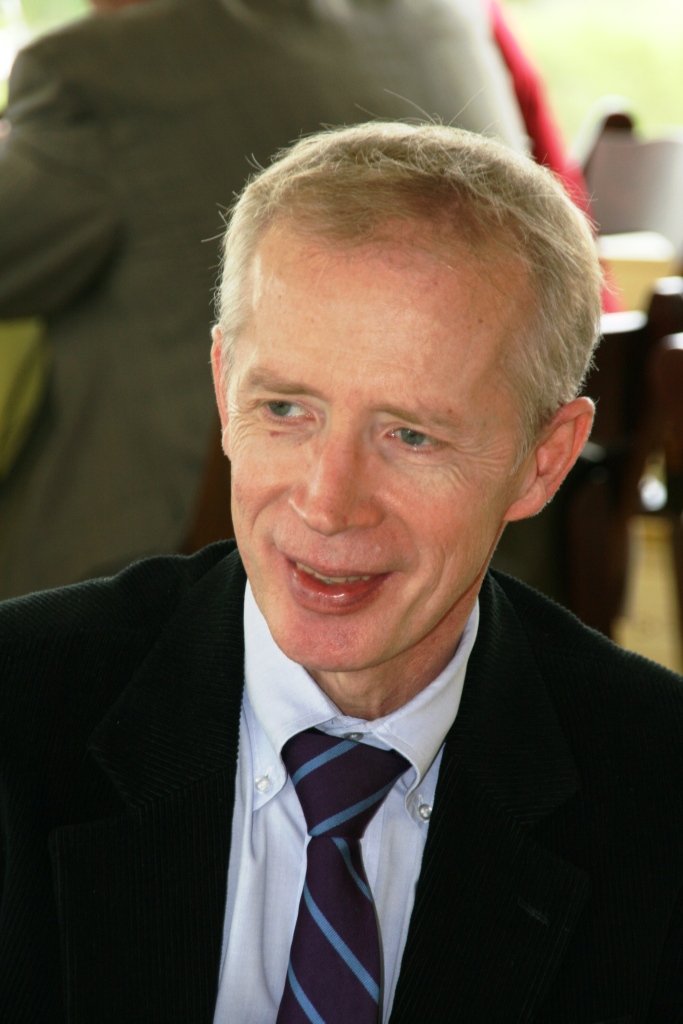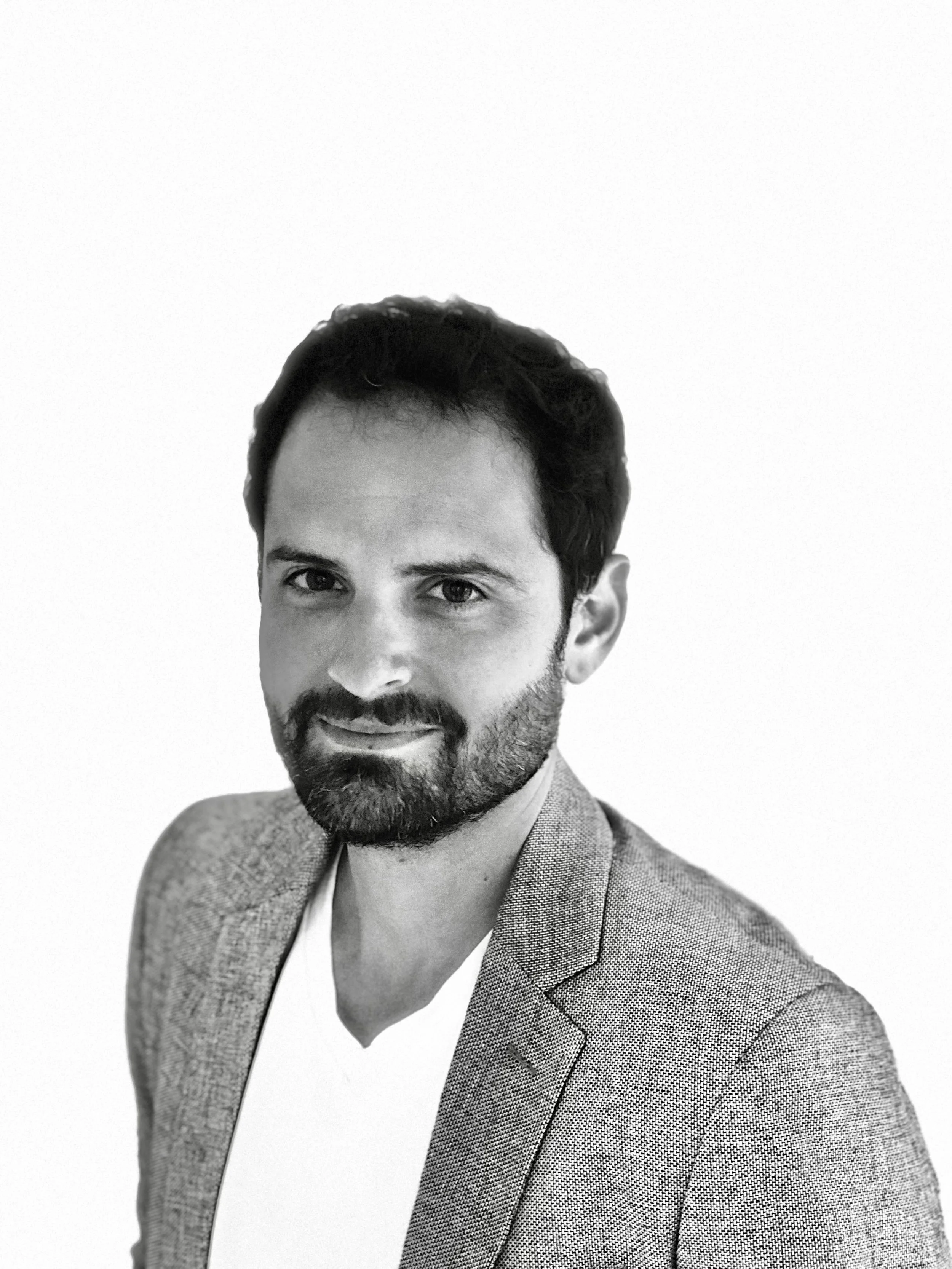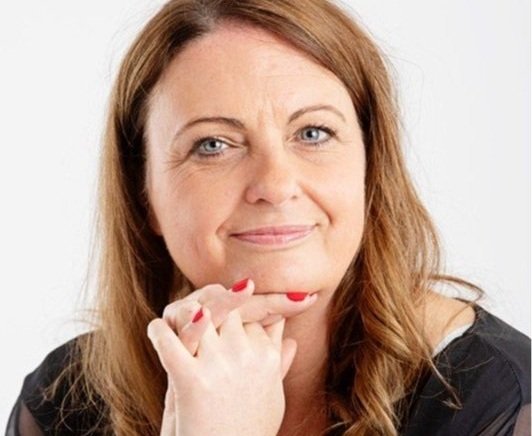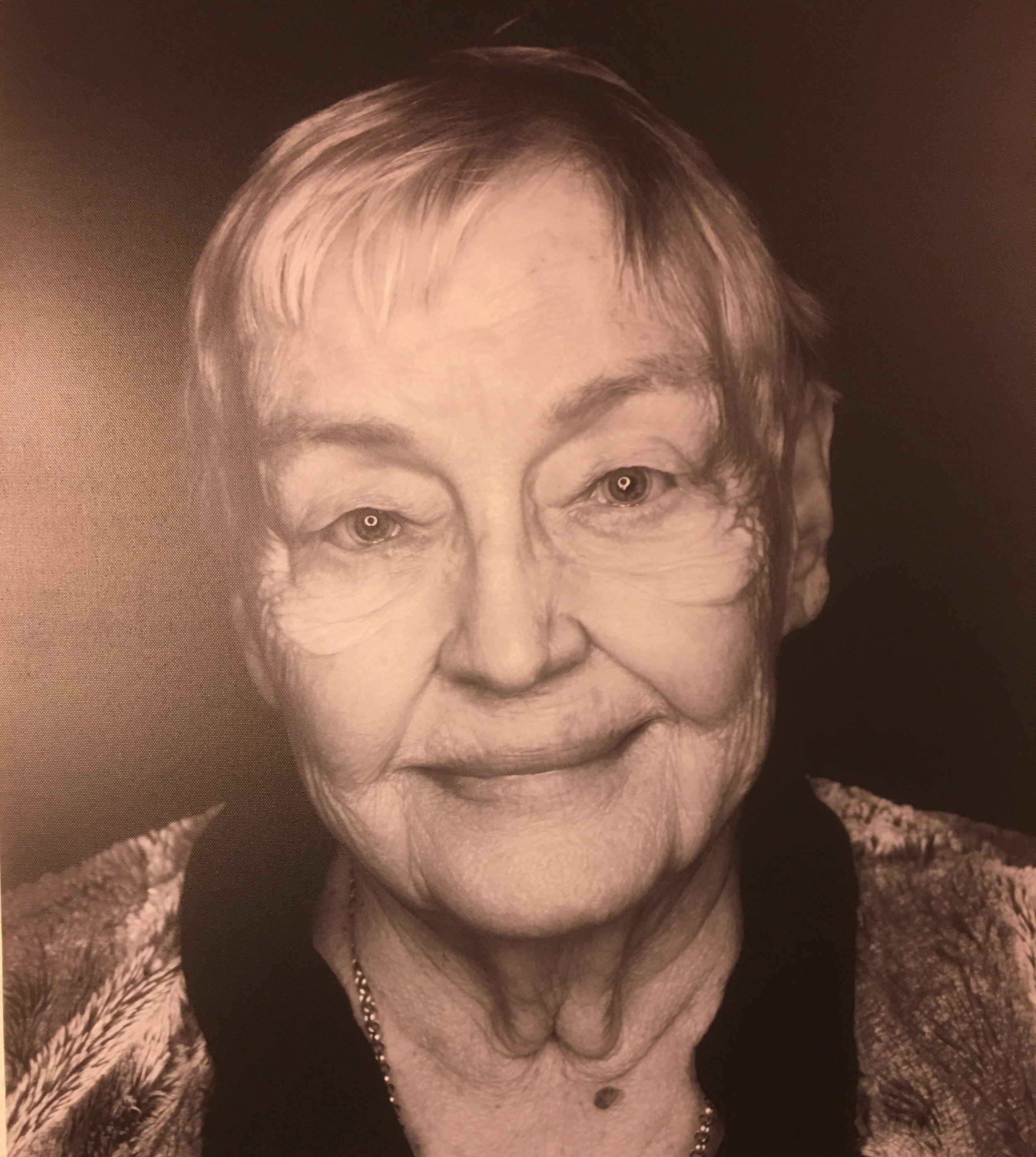Everyone around the world should celebrate men on International Men’s Day. An interview with Dr. Jerome Teelucksingh
International Men’s Day first took place on 7th February1992 in Kansas, USA, and was organised by Professor Thomas Oaster of the University of Missouri, Kansas City. However after 1995, due to pressure from students and faculty, International Men’s Day (or ‘IMD’) fell silent until 1999, when Dr Jerome Teelucksingh, Senior Lecturer in History at the University of the West Indies, took up the torch. International Men’s Day now falls on November 19th each year, a date chosen by Dr Teelucksingh in honour of the birth date of his father. Under his guidance IMD has bloomed and is now observed in 93 countries. So what is International Men’s Day all about? I put this and other questions to the man at the helm of IMD.
John Barry (JB): For the benefit of those that are not aware of International Men’s Day (IMD), can you explain what it is all about?
Jerome Teelucksingh (JT): IMD has six objectives, that include: promotion of positive role models, improving gender relations, celebrating men’s positive contributions and creating a safer, peaceful world. IMD’s main strength is its all-inclusiveness. All men are embraced as equal. An illustration of this is the supporters who are conservative, moderate and extreme. IMD is an ongoing movement (with men and women) to remove barriers and cross boundaries that create hate, mistrust and death.
“As a teenager […] I was bombarded by the negative images of men. Men were stereotyped as sexual predators, corrupt, rapists, perpetrators of domestic violence, gamblers, alcoholics and drug addicts. I decided to get involved in the men’s movement to highlight upright, good men who were ‘invisible’ and to also help or advise those men who were stereotyped, neglected, rejected and wrongly accused.”
JB: Is IMD, as the name would suggest, celebrated in all countries around the world?
JT: IMD is not celebrated globally. This year, 93 countries will be observing it. There is still more work to be done.
JB: Although it had occurred on other dates previously, you are credited as the founder of 19th November as being the accepted date for International Men’s Day. How did you first get involved in IMD, and why did you choose 19th November rather than any other date?
“…the emotions and feelings surrounding the sport generated feelings of unity […] I wanted to […] use it as an illustration for men across the globe to also see the potential of uniting.”
JT: As a teenager and young adult, during the 1980s and 1990s, I was bombarded by the negative images of men. Men were stereotyped as sexual predators, corrupt, rapists, perpetrators of domestic violence, gamblers, alcoholics and drug addicts. I decided to get involved in the men’s movement to highlight upright, good men who were ‘invisible’ and to also help or advise those men who were stereotyped, neglected, rejected and wrongly accused. It was a time of uncertainty to rewrite the biased masculinity narrative. I chose 19 November for two reasons - it’s the birthday of my dad, who I view as a role model, and I hoped that others would see their fathers and other father figures (uncles, grandfathers, male teachers, nephews etc) as role models.
Jerome with his father.
Secondly on 19 November 1989, my country’s football (soccer) team was defeated by the USA in a World Cup qualifying match. Even though Trinidad and Tobago lost and were excluded from the World Cup, the emotions and feelings surrounding the sport generated feelings of unity, nationalism, and more importantly it transcended barriers of class, gender, ethnicity, religion, sexuality and geographical location. I wanted to preserve that moment in 1989 when a country was united and use it as an illustration for men across the globe to also see the potential of uniting.
“IMD is not recognized by the UN because many believe we live in a patriarchal world and that the focus of the UN should be on women and children.”
JB: Why is IMD not recognised as an official international day by the United Nations (UN)? After all, there are several international days for women. Have you been in touch with the UN about this?
JT: I believe that IMD is not recognized by the UN because many believe we live in a patriarchal world and that the focus of the UN should be on women and children. More than a decade ago, I contacted the UN headquarters in New York and explained the significance of having IMD be deemed an official day. The UN responded that a member state of the UN needs to pass a resolution for other member states to vote for IMD to be on the UN calendar of events. During the past 24 years, there have been many, many promises from governments, persons and groups that they will get the UN to officially declare IMD as an international day. My view is that even without the support or acknowledgement of the UN, International Men’s Day has become a powerful movement and ideology that saved and positively transformed millions of lives and families.
“Some criticize men for not caring for their physical health but […] men often cannot afford the fees for medication or to visit a psychologist. Psychiatrists cannot simply use textbook therapies to help our males. Men are improperly diagnosed when there is the usage of foreign theories to analyze and assess the health strategies of Caribbean and Latin American men.”
JB: What impact has IMD in Trinidad and Tobago (T&T) had on things like developing a men’s health strategy etc.?
JT: Unfortunately, it has very little impact in T&T and the Caribbean. The issues of mental health is not a priority, the relatively high statistics of diabetes and heart ailments among men are troubling. Some criticize men for not caring for their physical health but often the deterrent is due to a lack of money to afford private hospitals. The deplorable public health system has created a fear among men. Many men often cannot afford the fees for medication or to visit a psychologist. Psychiatrists cannot simply use textbook therapies to help our males. Men are improperly diagnosed when there is the usage of foreign theories to analyze and assess the health strategies of Caribbean and Latin American men.
“One of the lurking threats facing IMD is that some men are pro-feminist and this has compromised the global movement’s goal of empowering of men who are unemployed, marginalized, refugees and victims of violence.”
JB: How do you think things will progress with IMD in the future? What would you like to see happen?
JT: In the future IMD must become a way of life to continue its meaningful and powerful messages which have positively impacted the lives of millions of boys and men. I hope IMD will be serious and uncompromising but this movement must also be seen as exciting and interesting to reach the younger generation and those young at heart. I would like to see IMD having a more meaningful role among developing countries in the Global South. Additionally, it is my vision that Caribbean masculinity develop a unique identity. For too long masculinities in the Caribbean are being judged on outdated frameworks transplanted from abroad. Likewise, using a ‘one size fits all’ model of masculinity is irrelevant to males belonging to ethnic and religious minorities. Also, those in Men’s Studies and the men’s movement in developing countries rely too heavily on ideas & books emanating from developed countries. There is need for an alternative perspective. Ask any academics, researchers and intellectuals among Men’s Studies or Gender Studies for a view on masculinity and they will likely quote or cite Jordan Peterson, Michael Kimmel or Warren Farrell (from North America). One of the lurking threats facing IMD is that some men are pro-feminist and this has compromised the global movement’s goal of empowering of men who are unemployed, marginalized, refugees and victims of violence.
“At seminars and sessions, these adult men would have a breakdown and reveal the childhood traumas and pain that scarred their lives. […] Strangely, our society also expected these discarded boys to morph or evolve into normal, caring and upright men.”
JB: In addition to IMD you have also established the International Day of the Boy Child in 2018, May 16th. Can you tell us a little about this?
JT: International Day of the Boy Child is also celebrated as World Day of the Boy Child. Boys were surprised to see a day dedicated to them. Men and women from across the globe have embraced this day. In the first decade of the 21st century, I slowly realized that the overwhelming problems facing men originated from their childhood. At seminars and sessions, these adult men would have a breakdown and reveal the childhood traumas and pain that scarred their lives. It was like opening Pandora’s Box. Their crying and sad reflections were proof that our society had created an era of discarded boys. Strangely, our society also expected these discarded boys to morph or evolve into normal, caring and upright men. Such interactions with emasculated men and those with damaged masculinities convinced me to include a focus on boys.
JB: Do you think the UN should have an International Day of the Boy Child?
JT: Of course, but my voice carries no weight. There is too much talk and very little action when dealing with issues affecting our boys. Progressive governments and brave world leaders need to take the baton and get this on the agenda of the UN. The greatest injustice of any international organization is to protect part of the world’s inhabitants and ignore the rest.
“despite the history of violence, there is a noteworthy aura of self-control among the majority of boys and men in the Caribbean.”
JB: As a history lecturer, what aspects of history have informed your view of men and masculinity in T&T and in the Caribbean in general?
JT: The early aspects of Caribbean history involving rebellions and revolts during slavery and indentureship influenced my understanding of Caribbean and Latin American masculinities. The traumatic and brutal past of genocides, rapes, sodomy, murder, infanticide, have certainly contributed to the culture of violence and a stunted psyche. Thus, masculinity in the Caribbean was stymied and crudely constructed in a crucible of imperialism and colonialism involving discrimination, classism, colourism and racism. This blight is still with the region and continues into the 21st century as the males are trapped in vicious cycles of social problems. Interestingly, despite the history of violence, there is a noteworthy aura of self-control among the majority of boys and men in the Caribbean.
JB: You recently wrote that “The state of many of our boys and young men is nearing crisis levels”. Can you say why you believe this is true?
JT: Yes it’s a masculinity crisis which cannot be solved by a vaccine. There is an increasing number of boys and men who are underachievers and are confused in a world that seems to be constantly changing value systems, norms and morals. The proof of the crisis is to look at those who are incarcerated, victims of serious crimes and involved in illegal activities- they are predominantly boys and young men. This bleak scenario is even more frightening when you realize that there are few persons and NGOs who are willing to volunteer their time to help these youngsters. Some persons are reluctant to defend and speak for these voiceless males. It makes me feel that IMD and the Day of the Boy Child have had minimal impact.
JB: Is it a “masculinity crisis” i.e. a problem caused by masculinity? Or is the problem that some societies turn a blind eye to problems when experienced by men (e.g. childhood trauma, family courts, etc), and then when men ‘act out’ (e.g. in violence, substance abuse or suicide), masculinity is said to be in crisis?
JT: Yes, an overwhelming part of the blame for this masculinity crisis or masculinity epidemic rests on uncaring societies that either trivializes or ignores the pain and suffering facing men. An illustration is the gun violence that is plaguing USA and other countries. This bleak scenario cannot be solved by saying that masculinity is in crisis, but a solution will be found if we acknowledge that societies have ignored warning signs and reared young males in a volatile environment that will ultimately lead to destructive behaviour.
I don’t want to give an exaggerated view of masculinity as angelic, pure and perfect. Since ancient times, masculinity was once a sacred space that produced men of a certain calibre who would be resilient and also display empathy. This space has been desecrated by society as intruders sought to belittle, chastise, mock and humiliate boys and men who were then forced to suppress their emotions and behaviours. For instance, men who express their feelings and certain traits could be branded effeminate or an alpha male. Furthermore, the invasion of the masculine space meant that their language and ideas would be closely monitored and politicized.
Part of the crisis stems from the scarcity of gatekeepers of masculinity who would guide and nurture boys in their transition to manhood. To curb or stop this crisis, there is a need for dialogue among men and between boys and men. The life coaches, guidance and counselling in the 21st century are part of the healing process to prevent a regression of masculinity.
The ‘blind eye’ of society is even more obvious as many still view men as virile, strong and thus able to easily endure trauma and recover from ailments or diseases. This adds fuel to the crisis facing injured war veterans and those men afflicted with ailments as schizophrenia, bipolar disorder, dementia, Parkinson’s and Alzheimer.
“pornography has redefined masculinity from being family-oriented, emotionally stable and protective to one that is distorted, destructive and focuses on the physical body.”
JB: Some people suggest that masculinity is a combination of nature and nurture. There are biological aspects of masculinity (e.g. prenatal testosterone causes males to develop muscles differently to females, with consequences for speed and strength, and aspects of masculinity, such as the protector role), and there are also cultural aspects of masculinity. What do you think are important aspects of the cultural expression of masculinity in T&T? Are these different to the expression seen in other cultures?
JT: Yes, the cultural aspects of masculinity in T&T and the rest of the Caribbean are crucial in understanding behavioural problems and social ills. The foreign media (films, music, television) including social media (Tik Tok and Facebook) have created a volatile masculinity. This volatile male can erupt and disrupt the social fabric because he is constantly fed a diet of violence via the media. Furthermore, Caribbean men reject their local or indigenous culture and favour the foreign culture that seems ‘cool’, hip and fashionable. Another illustration of the influential cultural aspect on T&T masculinity is the manner in which pornography has redefined masculinity from being family-oriented, emotionally stable and protective to one that is distorted, destructive and focuses on the physical body. Many Caribbean citizens do not understand the repercussions which this foreign culture or pornography have on the psychological development of the region’s youths. This is not a unique phenomenon as it is present in other cultures across the world. It is a difficult issue to solve because some can argue that eliminating smoking or limiting the drinking alcohol will encroach on their rights, freedom or democracy.
“Girls tend to eat better balanced meals than boys. This has resulted in boys finding it more difficult to concentrate in the classroom.”
JB: Your recent Male Psychology magazine article called for a revolution in teaching, where humour was used as a teaching aid, especially for boys. Have you noticed other differences between male and female students that impact their grades and other educational outcomes?
JT: Yes, from selected, small samples using interviews and questionnaires, during 2020-2021, involving 10 boys and 10 girls (in Trinidad and Tobago and in three other Caribbean countries – Barbados, Guyana and Jamaica) I’ve noticed vital differences. Firstly, the boys without a male figure in the home (father, grandfather or stepfather) attain lower academic grades than girls in similar home situations. Girls tend to eat better balanced meals than boys. This has resulted in boys finding it more difficult to concentrate in the classroom. These outcomes should not be seen as the reality because of the relatively small sample size in relation to the population of these countries.
Boys have problems balancing sport or interpersonal relationships and their academic work. Those boys involved in sport and having a girlfriend had lower grades than girls involved in sporting activities and having a boyfriend. Girls from a lower income family were at a disadvantage and performed worse than boys from similar socio-economic backgrounds.
“on 31 January 2020, I initiated the International Day for the Elimination of Violence Against Men and Boys (IDEVAMB). It’s connected to the efforts of IMD”
JB: Do you have any new projects regarding men and boys you would like to tell readers of Male Psychology magazine about?
JT: Yes, on 31 January 2020, I initiated the International Day for the Elimination of Violence Against Men and Boys (IDEVAMB). It’s connected to the efforts of IMD and Day of the Boy Child. It’s an ongoing attempt to find the missing pieces for those men possessing incomplete masculinities. IDEVAMB also highlights the ways in which violence against males have become entrenched in our psyche and unfortunately we have become apathetic to this violence.
Final thoughts
Given that having a positive view of masculinity is important for men’s mental health, it is hard to think of anything more beneficial to men – in this current climate of misandry – than an international day of raising awareness of men in a positive way. Those who are taking part can expect to gain a deeper appreciation of men, from their contributions to society - not just as scientists or sports heroes, but as fathers and supportive friends and colleagues – to understanding the factors that support their wellbeing. Mental health and wellbeing are always strong themes, as is the importance of challenging the negativity against men that so often impacts the wellbeing of men and boys. Indeed an implicit benefit of IMD is that it’s very existence challenges the blind spot that so many of us have when it comes to recognizing the problems facing men and boys. Ultimately though, IMD aims to “create a safer, better world, where all people can grow and reach their full potential” which is why it is so important that people around the world show their support.
Picture: Logo from www.internationalmensday.com. Visit the website here.
You can find out what is happening on International Men’s Day globally, and in the UK, and various world regions.
Biography
Dr Jerome Teelucksingh is a Senior Lecturer in History at the University of the West Indies, specialising in the history of Afro-Caribbean intellectuals and activists, and author of several papers and books. His interests include masculinity, and he is recognised as having rejuvenated the floundering International Men’s Day in 1999, choosing November 19th in honour of his father's birthday, as well as initiating the World Day of the Boy Child (May 16th).
Scroll down to join the discussion
Disclaimer: This article is for information purposes only and is not a substitute for therapy, legal advice, or other professional opinion. Never disregard such advice because of this article or anything else you have read from the Centre for Male Psychology. The views expressed here do not necessarily reflect those of, or are endorsed by, The Centre for Male Psychology, and we cannot be held responsible for these views. Read our full disclaimer here.
Like our articles?
Click here to subscribe to our FREE newsletter and be first
to hear about news, events, and publications.
Have you got something to say?
Check out our submissions page to find out how to write for us.
.























































